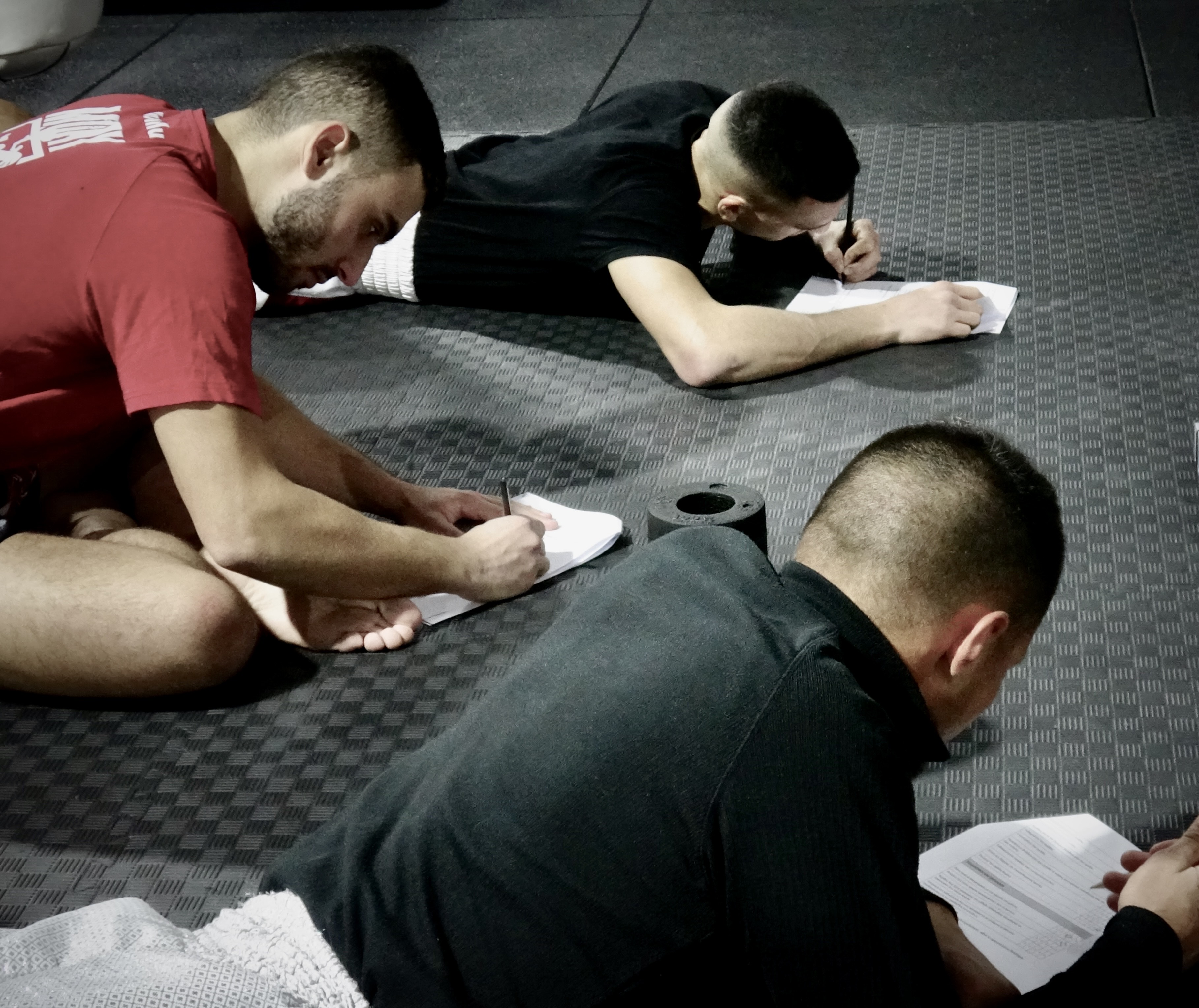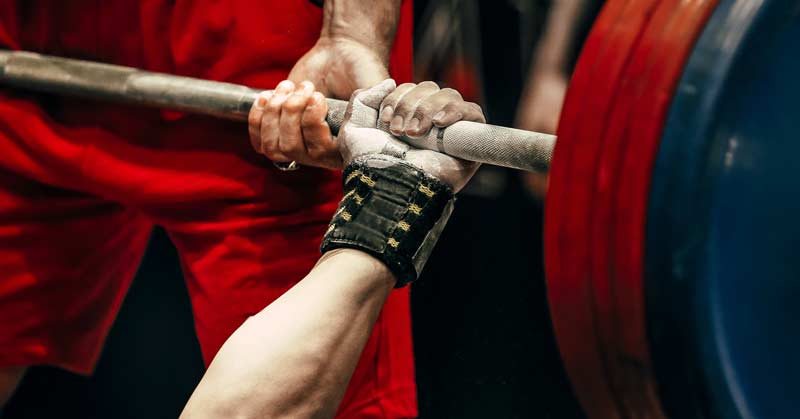
Translated Text in English
In the world of exercise and athletic development, practical training plays a leading role. However, the education of cognitive skills (memory, concentration, analysis, correction, critical thinking, understanding) cannot be underestimated.
Many athletes, as well as coaches, focus exclusively on practical practice, thereby sidelining the theory behind the actions. This mistake represents a very important step in the understanding of both the athlete and the coach.
Theoretical training from the athlete's perspective
The athlete learns the basic points of attention for a technique, understands the significance of the technique, the strategic approach, sets goals, resolves misunderstandings, and addresses psychological issues. It is a process that gives meaning to practical training.
Theoretical training from the coach's perspective
The coach understands the reasons for a mistake's existence, the dynamics of each athlete, and what negatively or positively affects training. They delve into individualized techniques for error correction and athlete engagement. This is a process that helps the instructor to redefine coaching goals and action plans.
Sacrifice or Advantage?
Creating a false impression is very easy within such a short time with so many different trainees. The distortion and misinterpretation of situations and the instructor's guidance are of critical importance in an athlete's career. The coach must act quickly, as cognitive training is a tool that brings both sides closer together. Cognitive tests, discussions, and disclosures are the tools that seem to eliminate phenomena such as the self-fulfilling prophecy.
References:
- Weinberg, R. S., & Gould, D. (2014). Foundations of Sport and Exercise Psychology (6th ed.). Human Kinetics.
- Erickson, K., & Côté, J. (2016). Developmental Model of Sport Participation: A Revised Framework for the Development of Athlete Expertise. The Sport Psychologist, 30(3), 217-232.
- **Schempp, P. G., & Gracenin, R.


